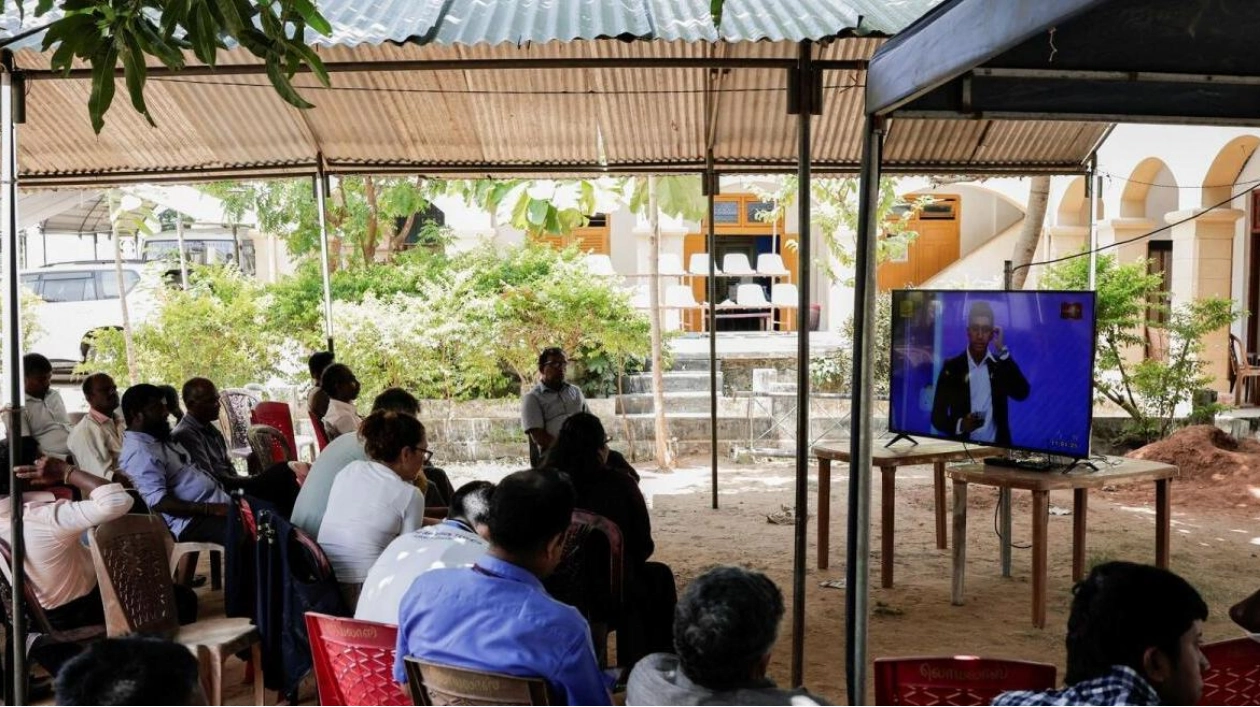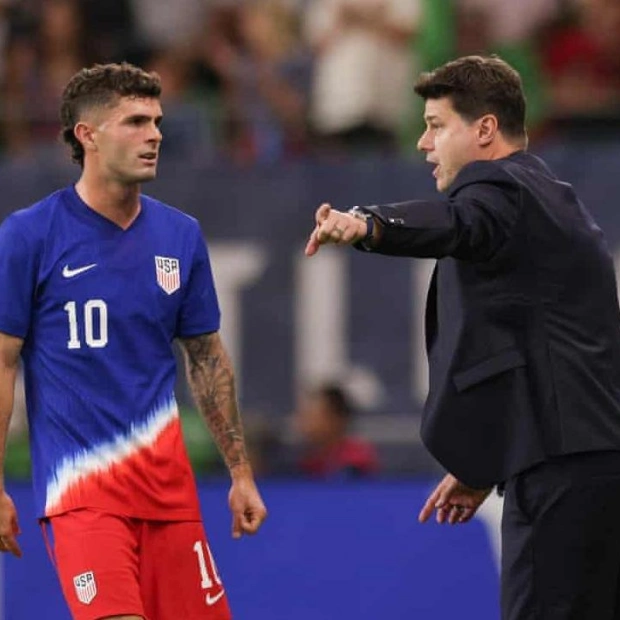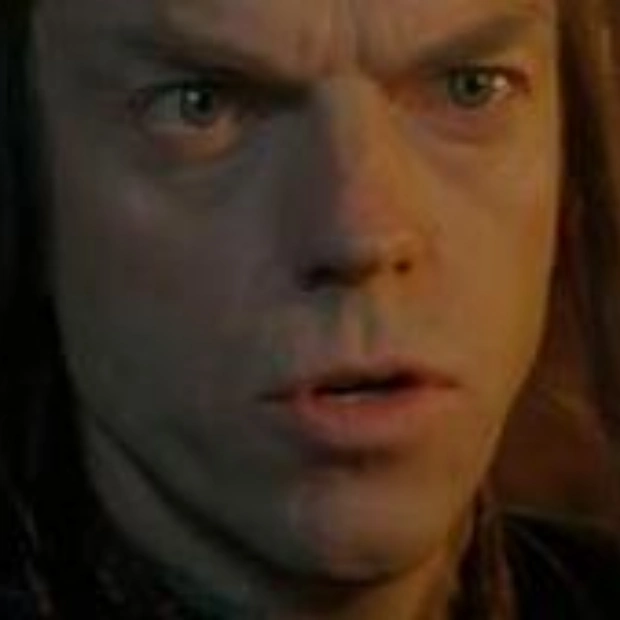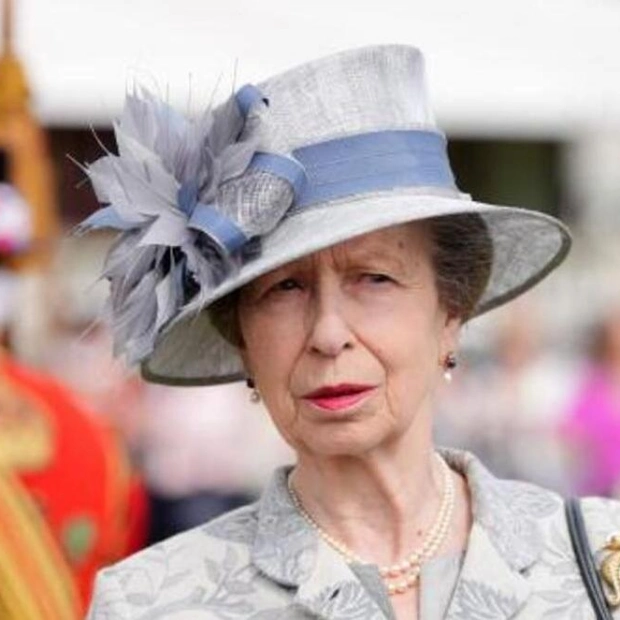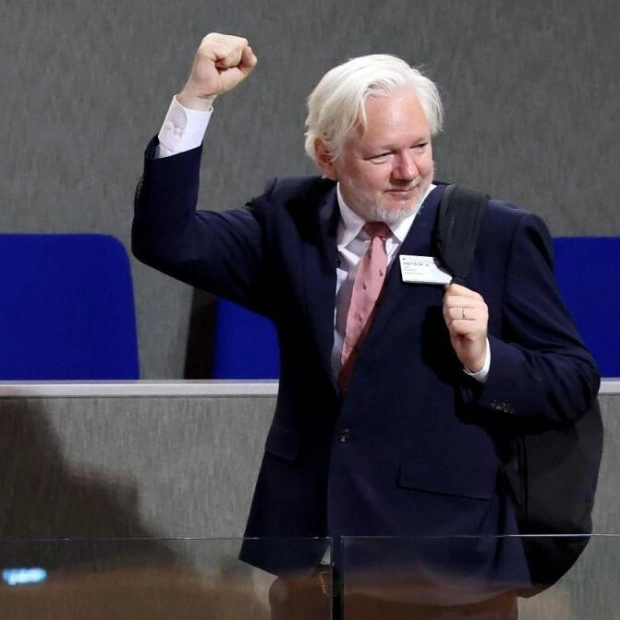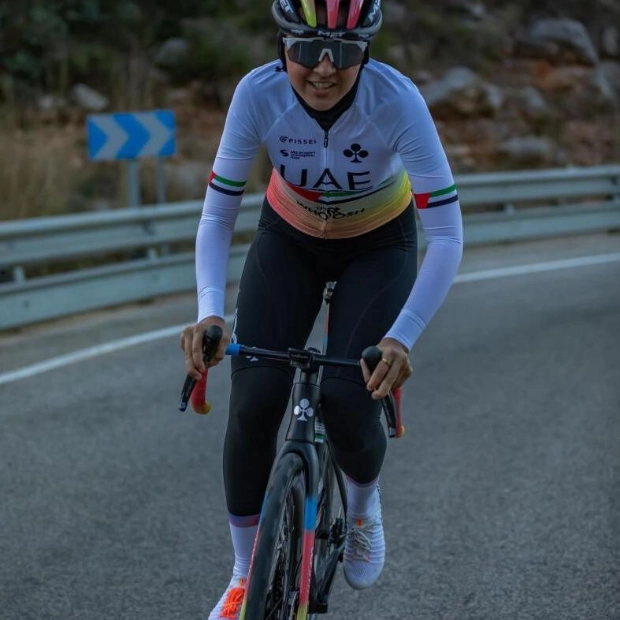Marxist-leaning Anura Kumara Dissanayake and opposition leader Sajith Premadasa are set to face a run-off for Sri Lanka's presidency on Sunday, according to the election body. A second round of counting will determine the winner using preferential votes, marking the first time in Sri Lanka's history that the presidential race requires a second round after the top two candidates failed to secure the mandatory 50% of votes needed to win outright. All other candidates, including incumbent President Ranil Wickremesinghe, have been disqualified by the Election Commission. Dissanayake secured 39.5% of the counted ballots, with Premadasa trailing closely at 34%. Wickremesinghe, who led the country's fragile economic recovery from a 2022 crisis, finished third with 17%.
This is Sri Lanka's first election since the economic collapse in 2022, which was exacerbated by a severe foreign exchange shortage. The crisis led to widespread protests that forced then-president Gotabaya Rajapaksa to flee and subsequently resign. "The election result clearly indicates that the uprising witnessed in 2022 is far from over," said Pradeep Peiris, a political scientist at the University of Colombo. "People have voted in line with their aspirations for different political practices and institutions. AKD (Dissanayake) embodies these aspirations, and people have rallied around him."
Dissanayake, 55, positioned himself as the candidate of change for those struggling under austerity measures tied to a $2.9 billion IMF bailout. He promised to dissolve parliament within 45 days of taking office to seek a fresh mandate for his policies in general elections. His manifesto, which includes plans to slash taxes and renegotiate $25 billion in debt, has raised concerns among investors. However, during the campaign, he adopted a more conciliatory tone, assuring that any changes would be made in consultation with the IMF and that he remains committed to debt repayment.
Premadasa also pledged to renegotiate the terms of the IMF deal. Despite the tentative economic recovery supported by the IMF, Sri Lanka's growth is expected to resume this year for the first time in three years, and inflation has dropped to 0.5% from a crisis peak of 70%. However, the high cost of living remains a critical issue for many voters, with millions still mired in poverty. Voting was peaceful, with a curfew imposed across the island until noon as a precaution during the counting process. Approximately 75% of the 17 million eligible voters cast their ballots.
Dissanayake, known for his stirring speeches, ran as a candidate for the National People's Power alliance, which includes his Marxist-leaning Janatha Vimukthi Peremuna party. Although the JVP holds only three seats in parliament, Dissanayake's promises of tough anti-corruption measures and pro-poor policies drew large crowds at rallies. Premadasa, 57, entered politics following the assassination of his father, President Ranasinghe Premadasa, in 1993. In the 2019 presidential election, he secured 42% of the votes, finishing second behind Rajapaksa. Premadasa's centre-left party has promised tax changes to alleviate living costs, and support from farming communities in northern and central Sri Lanka helped him narrow the gap with Dissanayake as counting progressed.
The winner will need to ensure Sri Lanka adheres to the IMF program until 2027 to stabilize its economy, reassure markets, manage debt repayment, attract investors, and assist a quarter of its population in escaping poverty.
